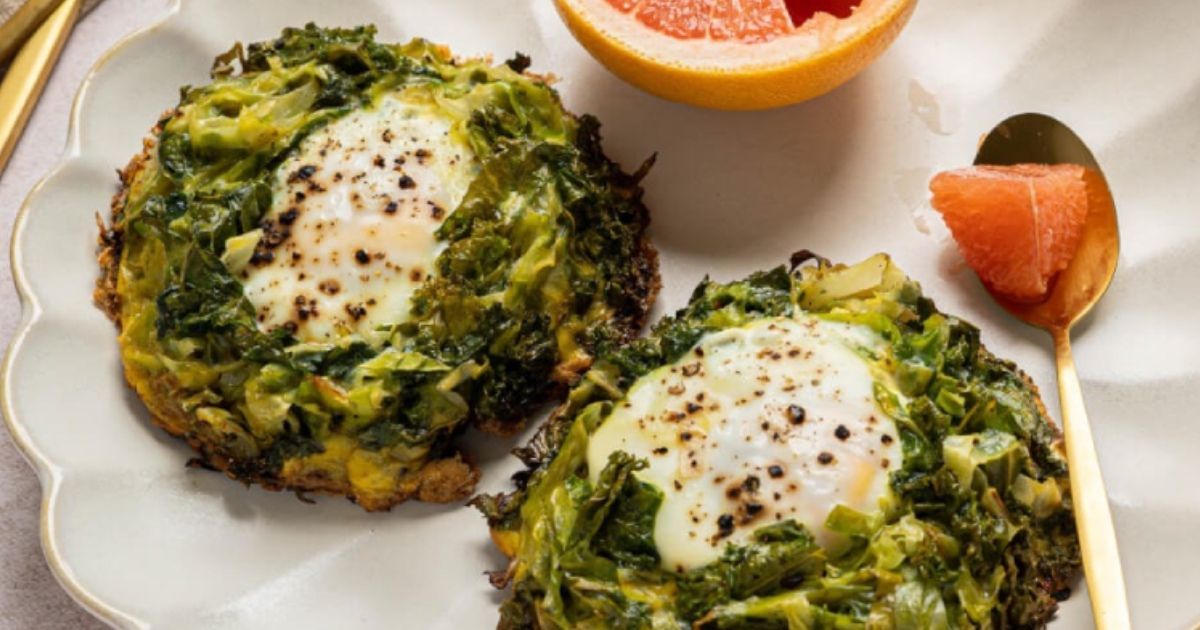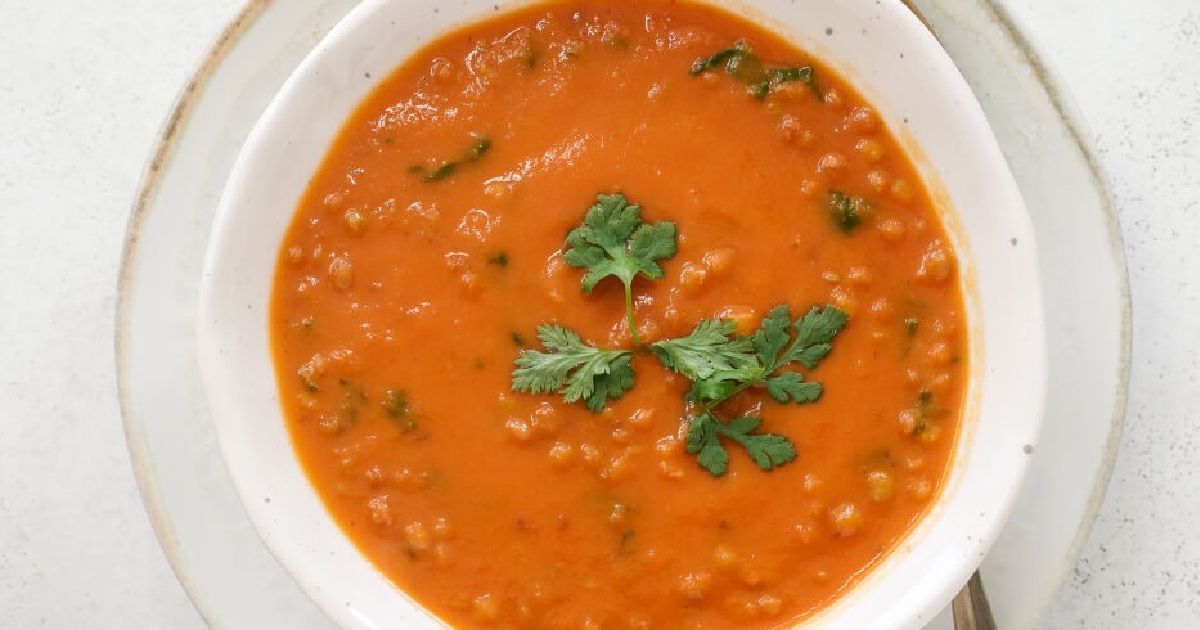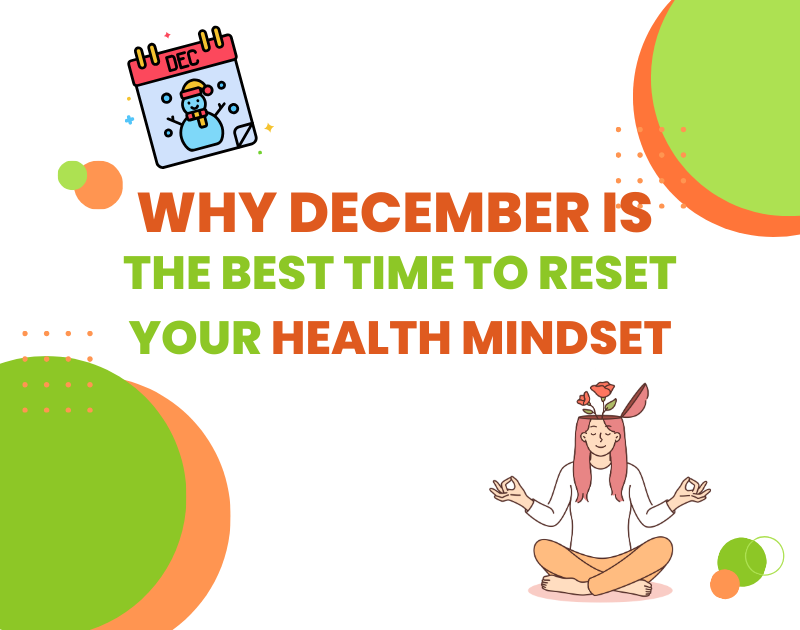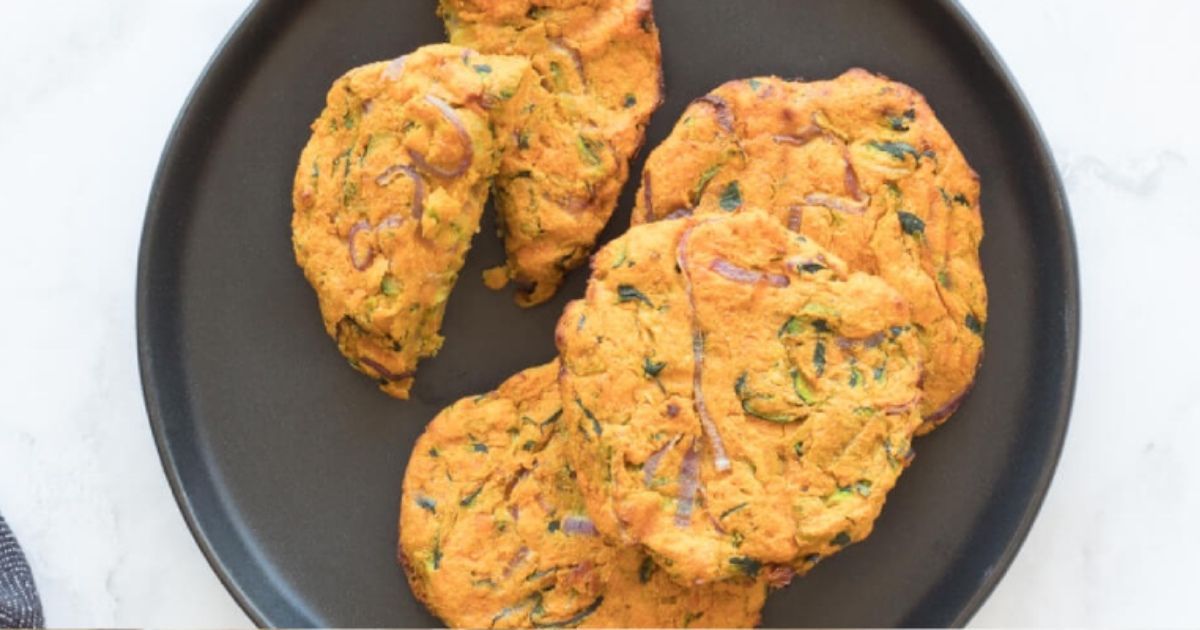The Power of Nutrition: A Guide to Weight Loss and Diabetes Management
The Power of Nutrition: A Guide to Weight Loss and Diabetes Management
In our fast-paced world, the importance of proper nutrition cannot be overstated, especially when it comes to weight management and diabetes control. At Good Health Organizing, we understand that making positive changes in your diet doesn’t mean you have to give up the foods you love. It’s about making smart choices and incorporating small, meaningful changes to achieve long-lasting results.
Nutrition and Weight Loss
The road to weight loss often feels overwhelming, with an abundance of conflicting information, fad diets, and drastic lifestyle changes. But at the heart of successful weight management lies the power of nutrition. By incorporating a balanced diet that is rich in lean proteins, whole grains, and colorful fruits and vegetables, individuals can achieve sustainable weight loss while still enjoying the foods they love.
According to a study referenced by Good Health Organizing, “Making small, sustainable changes to one’s diet is more effective than adopting strict, short-term dietary restrictions.” This suggests that rather than completely eliminating certain foods or food groups, focusing on portion control and overall balance can yield significant results. By understanding the importance of portion management and incorporating nutrient-dense foods, individuals can create a sustainable and enjoyable approach to weight loss.
Nutrition and Diabetes Management
For individuals with diabetes, proper nutrition is a critical component of managing the condition and improving overall health. Good Health Organizing emphasizes the importance of consuming a balanced diet to help control blood sugar levels and reduce the risk of complications associated with diabetes.
The page highlights the significance of choosing whole, unprocessed foods over highly processed and sugary options, as well as the benefits of incorporating regular physical activity to complement a healthy eating plan. By adopting a diet rich in fiber, healthy fats, and complex carbohydrates, individuals can better manage their blood sugar levels and reduce the impact of diabetes on their daily lives.
Making Smart Choices
At the heart of it all, making smart choices when it comes to nutrition can positively impact both weight management and diabetes control. Small changes, such as swapping out sugary beverages for water or incorporating more vegetables into each meal, can make a significant difference over time. Good Health Organizing emphasizes the importance of mindful eating and the power of balance, showing that making small, sustainable changes can lead to big results.
By focusing on nutrient-dense, whole foods and acknowledging the role of portion control, individuals can achieve their weight loss goals and effectively manage diabetes. It's not about deprivation or sacrificing the foods you love, but rather about embracing a balanced and sustainable approach to nutrition.
In conclusion, the importance of proper nutrition in weight management and diabetes control cannot be overstated. By incorporating small, meaningful changes to one’s diet and focusing on balance and portion control, individuals can achieve long-term success while still enjoying the foods they love. At Good Health Organizing, we stand by the power of nutrition and its ability to transform lives, one healthy choice at a time.









